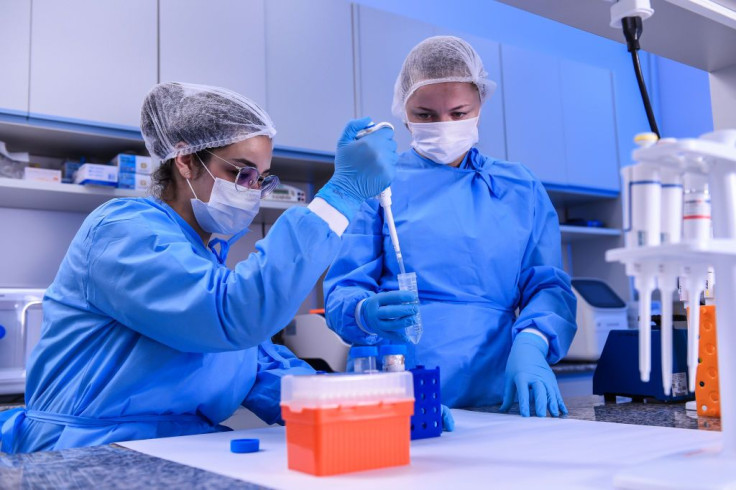Despite lockdowns and drastic measures to accelerate the containment of COVID-19; the main question lingers—why hasn’t a vaccine been accessible to the public yet?
While research is afoot, reliable medical reports suggest the production of 20 vaccines in the offing. It is most likely that the results of the effectiveness of these vaccines will be out towards the end of the year. But, a question remains: Are we equipped to mass-produce it? Truth be told, there is still a lot of ambiguity in this front.
It is believed that the vaccines, whenever made available, won’t appeal to the older demographic—as the cases of recovery from the vaccine are likely to be very less among the aged. The reason is attributed to the inability of senior citizens to respond well to immunization. The vaccines are most likely, as is with the case of most medicines, to have some side effects.
While mass-production will soon be a reality, the first priority will be given to health workers in case of a shortage of vaccines. The next will unsurprisingly be children and pregnant women—in a bid to keep sickness and mortality rates among these categories at the lowest.
Aside from vaccines, doctors are also looking at anti-viral drugs to curb the spread of coronavirus. In a statement; Dr. Bruce Aylward in February, from the World Health Organization, said, “There's only one drug right now that we think may have real efficacy and that's remdesivir.” Researchers believe Chloroquine, an old anti-malarial drug has the potential of killing the virus (based on the results of laboratory tests.)
The real issue at the moment is about making sure that the vaccine is made available to all those who need it. This is a problem that is likely to be tackled at a global level, by several nations. While some countries have reportedly begun to work out guidelines.
In keeping the context of the flu pandemic; the UK will allegedly prioritize vaccinating healthcare and social care workers. The ugly truth, however, stares right before ourselves: the global pandemic will see countries putting up a fight to procure the vaccine for its people.

© 2025 Latin Times. All rights reserved. Do not reproduce without permission.




